Publications
Articles, publications, books, tools and multimedia features from the U.S. Institute of Peace provide the latest news, analysis, research findings, practitioner guides and reports, all related to the conflict zones and issues that are at the center of the Institute’s work to prevent and reduce violent conflict.
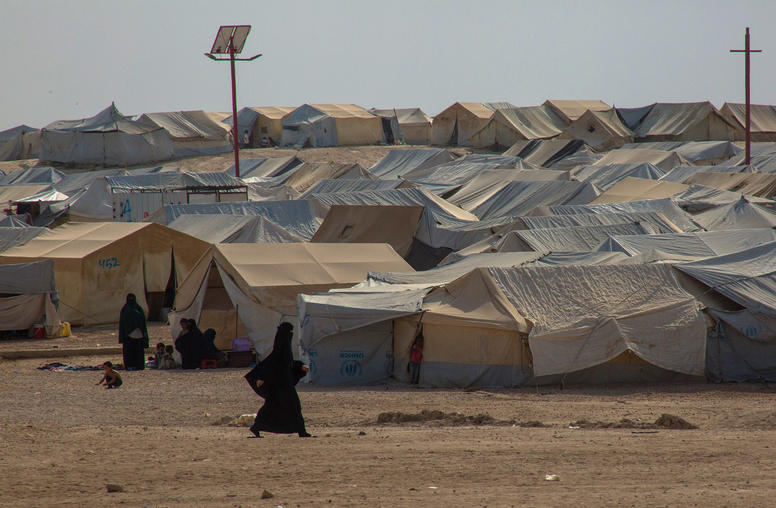
Can Syrians Who Left ISIS Be Reintegrated into Their Communities?
More than a year since the territorial defeat of ISIS, the region is still reeling in the wake of the self-styled caliphate’s destruction. Kurdish authorities operate two dozen detention facilities in northeast Syria holding thousands of former ISIS fighters. On October 5, Kurdish authorities in charge of al-Hol said they would free the 24,000 Syrians in the camp, where conditions have become increasingly unsustainable. USIP’s Mona Yacoubian, Chris Bosley, and Leanne Erdberg Steadman look at what led to the decision to release these Syrians and the challenges ahead for reintegrating them into their communities.
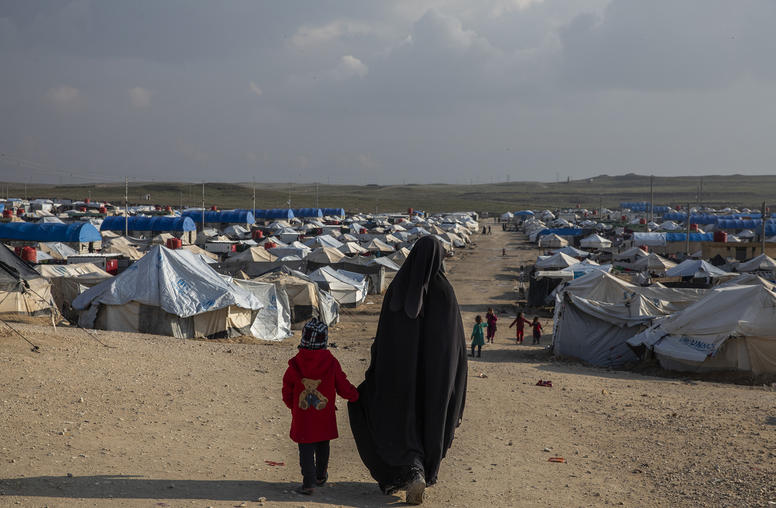
ISIS Returnees: Can Ex-Fighters Be Rehabilitated?
As the last pockets of the Islamic State’s “caliphate” collapse this month, nations far from the battlefield face an increasingly urgent challenge: How to reintegrate the group’s former militants as they come home and seek to disengage from extremist violence. For the officials in charge of the process, it’s an undertaking fraught with uncertainty whose failure could mean continued recruitment or even terrorism on their streets.
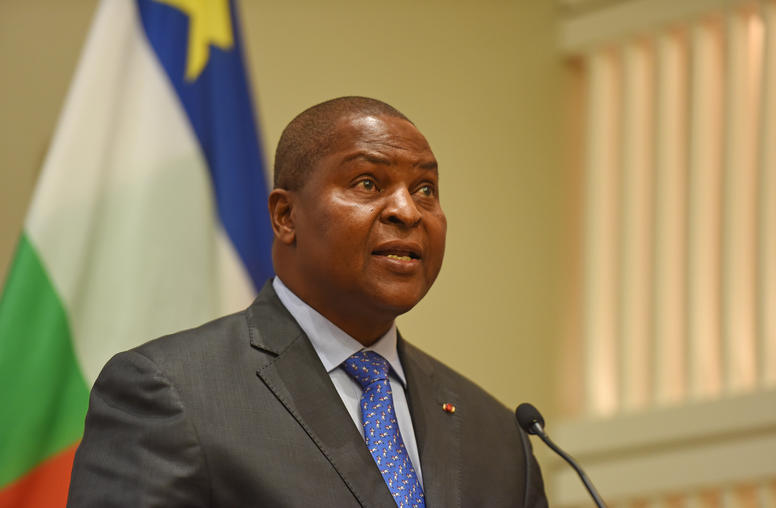
Central African Republic President on ‘Path to Peace’
The Central African Republic’s president, Faustin-Archange Touadéra, came to Washington this week seeking to bolster U.S. support for a peace deal with internal armed groups, saying steady international assistance will be needed to rebuild the state and end years of metastasizing violence.
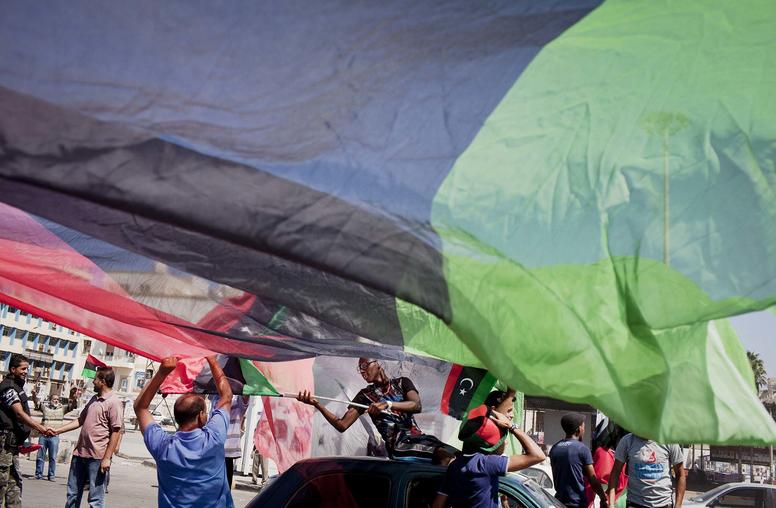
On the Road to Peace, Libya Makes Progress but Hits Pitfalls
After a decade of war and division, Libya has made progress toward peace this year. In March, a Government of National Unity (GNU) was formed to unify the warring Western-based Government of National Accord and the Eastern-based authorities supported by Gen. Khalifa Haftar, who commands forces known as the Libyan Arab Armed Forces (or Libyan National Army). The GNU is a provisional body meant to lead the country to long-delayed elections on December 24. While some progress has been made — a cease-fire agreement has been signed and the executive has been unified — many challenges remain. Chief among those challenges is developing a framework for national reconciliation and addressing the destabilizing role of foreign powers.
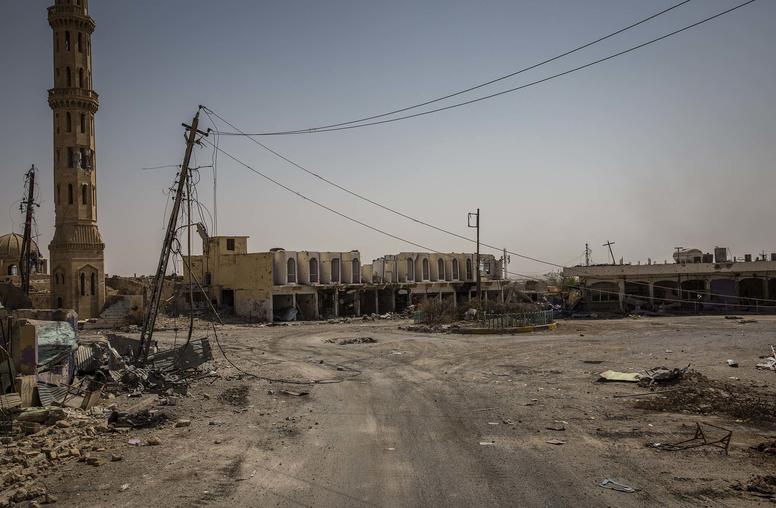
Four Years After ISIS, Iraq’s Tal Afar Remains Riven by Communal Divisions
Iraq is a country beset by a host of political, security, economic and social challenges, including addressing the human legacy of the Islamic State’s (ISIS) rampage through the country just a few years ago. Almost four years after the liberation of Nineveh’s Tal Afar district from ISIS control, feelings of marginalization, neglect and exclusion persist among communities in the region, epitomizing how such feelings have driven ethnic and sectarian tensions and conflict in post-2003 Iraq. Recognition of these sentiments and an understanding of the factors underpinning them, can help communities in the district allay these drivers of tension and move forward together.
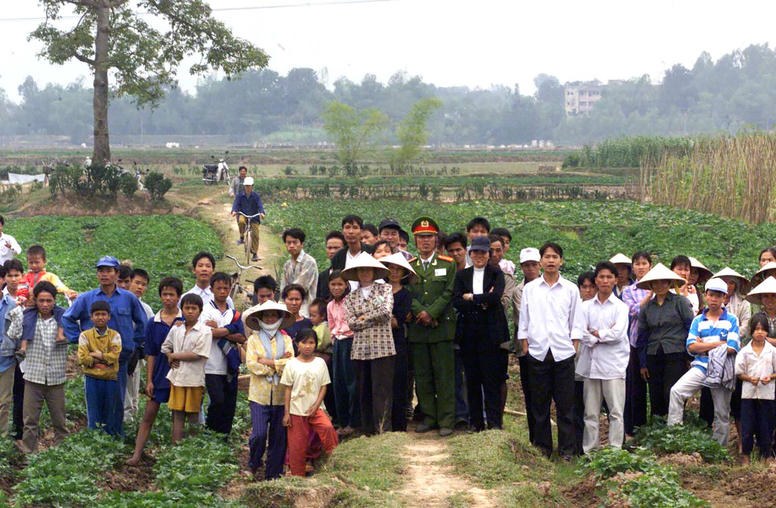
Healing the Wounds of War with the Vietnam Wartime Accounting Initiative
Nearly 50 years after the end of the Vietnam War, new collaboration between the United States and Vietnam this month is strengthening the former enemies’ friendship and consolidating what has become a model reconciliation process, Vietnamese officials say. Vietnam’s deputy defense minister and its ambassador to the United States welcomed U.S. steps in recent days to help Vietnam locate its hundreds of thousands of citizens still missing from the war. With U.S. officials, they spoke in a USIP forum on that progress — and on urgent steps still to be taken to heal the wounds of that war.
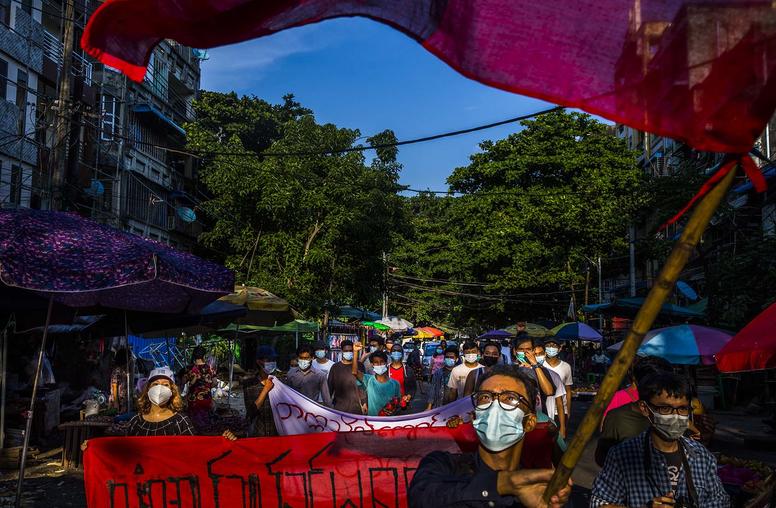
How Myanmar’s Coup Opens Opportunity for National Reconciliation
Since Myanmar’s military illegally deposed the country’s elected government on February 1, it has killed more than 1,000 people and is actively undermining efforts to manage the COVID pandemic by arresting volunteer doctors, blocking imports of medical supplies and hoarding and stealing oxygen. The military’s inhumanity and daily atrocities have created a common enemy for a divided society and a rare opportunity for the Myanmar people to initiate a much-needed nation-building process. The opposition is a loose group of organizations largely held together by a shared hatred for the military. If it is to decisively shift the trajectory of this conflict and end the military’s 70-year stranglehold on power, it will need to unify through a transformative reconciliation process.
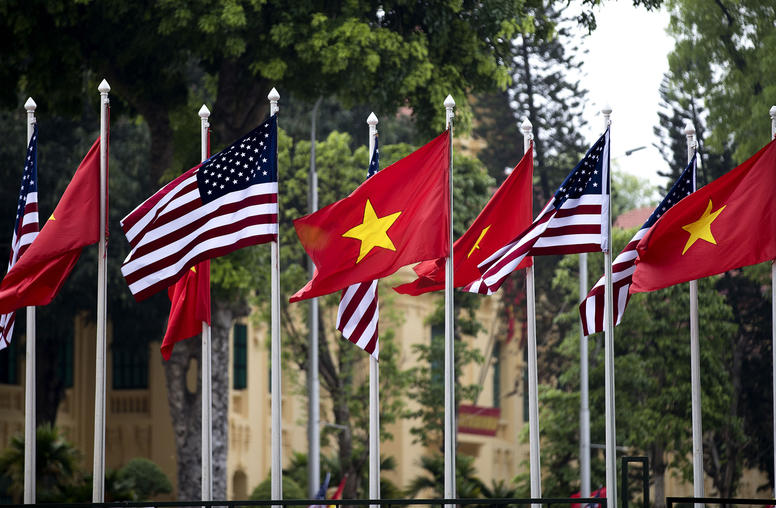
Are There Lessons from Vietnam for U.S. Reconciliation with the Taliban?
The Taliban’s rapid victory in Afghanistan evoked many comparisons to the collapse of the South Vietnamese regime and U.S. evacuation from Saigon in 1975. Ironically, during the same week in late August that the last U.S. forces were withdrawing from Kabul, U.S. Vice President Kamala Harris carried out a remarkably successful visit to Hanoi. U.S.-Vietnam relations have arguably never been better — a stark contrast to the scent of failure in Afghanistan.
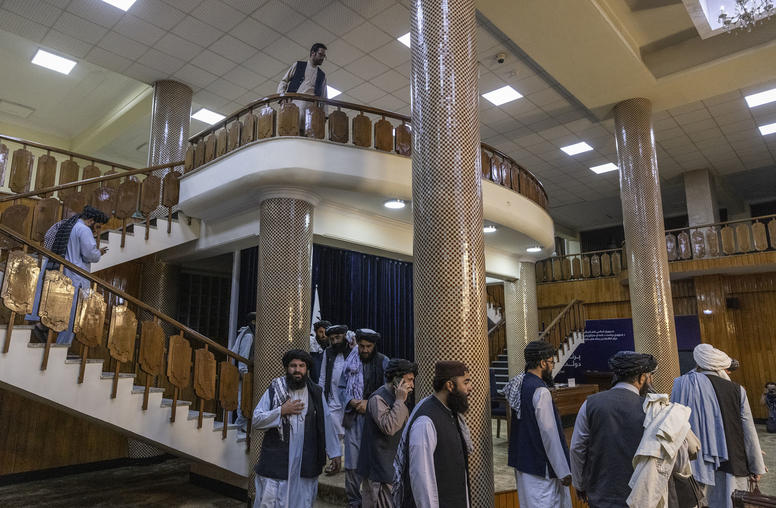
Taliban Seek Recognition, But Offer Few Concessions to International Concerns
Since taking power in August, the Taliban have repeatedly expressed the expectation that the international community will recognize their authority as the new government of Afghanistan and have taken several procedural steps to pursue recognition. But the group has done very little to demonstrate a willingness to meet the conditions put forward by Western powers and some regional states. USIP’s Andrew Watkins, Richard Olson, Asfandyar Mir and Kate Bateman assess the latest Taliban efforts to win international recognition, the position of Pakistan and other key regional players and options for U.S. policy to shape Taliban behavior and the engagement decisions of other international partners.
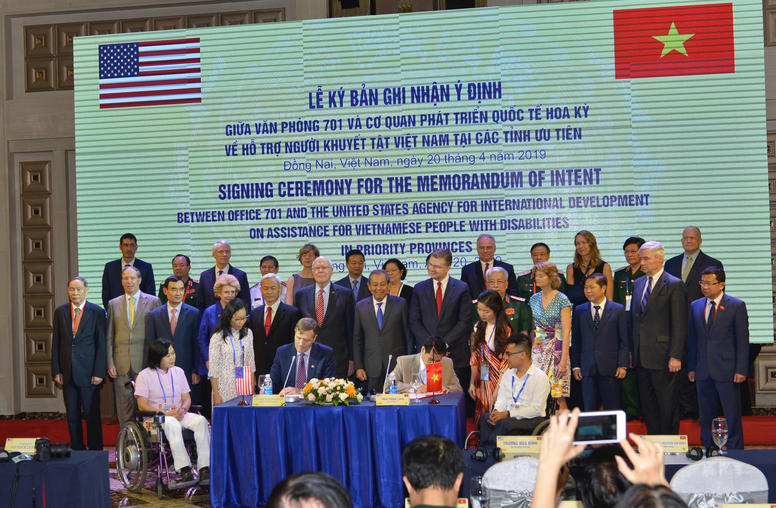
Addressing the Harmful Legacy of Agent Orange in Vietnam
Nearly half a century since the end of the Vietnam War, there remains an urgent need for the United States and Vietnam to address the harmful legacy of Agent Orange, a defoliant sprayed by the U.S. military over parts of southern Vietnam, Laos and Cambodia — an area about the size of Massachusetts — that continues to this day to impact the health of local populations.